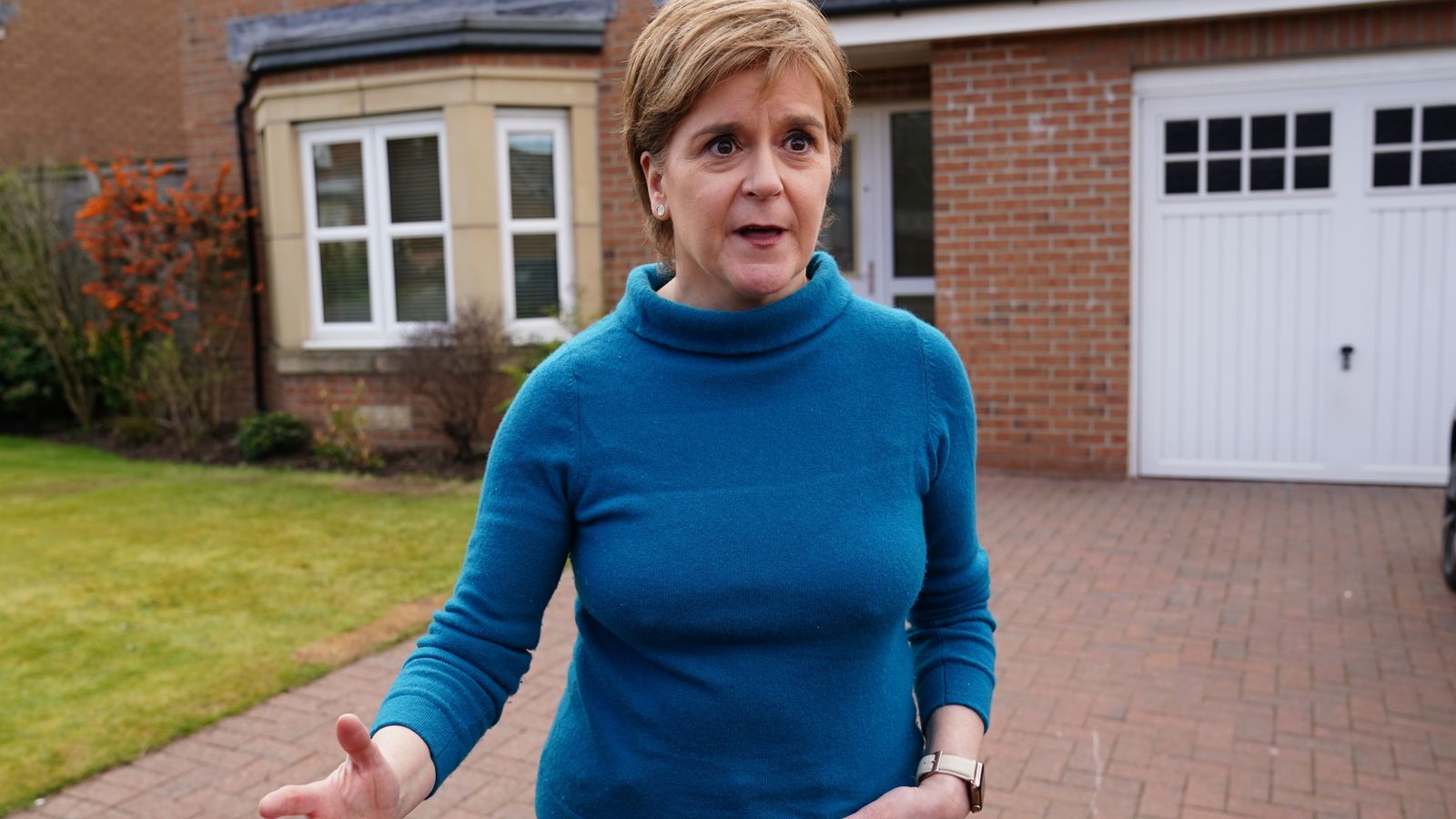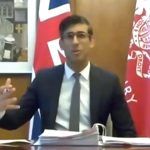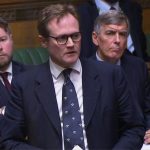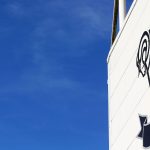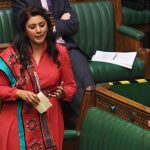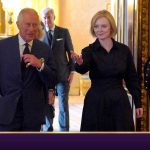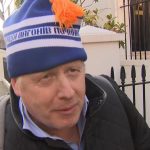How long before Nicola Sturgeon is interviewed in the police probe into the SNP’s finances? The closest precedent suggests it’s surely only a matter of time.
In the last big party funding scandal in British politics, cash-for-honours in 2006-07, Labour prime minister Tony Blair was interviewed by police no fewer than three times.
The cash-for-honours investigation was about whether loans to the Labour Party from wealthy donors – which unlike donations didn’t have to be declared – were sought in return for peerages.
At the time there had been claims that big donors were being rewarded with peerages and there were accusations by political opponents that Mr Blair was stuffing the House of Lords with “Tony’s cronies”.
Politics live: SNP treasurer Colin Beattie released without charge ‘pending further investigation’
The loans, totalling nearly £14m, had formed the bulk of the £18m Labour spent on its 2005 general election campaign, which saw Mr Blair back in Downing Street for a third term.
Eventually, the Crown Prosecution Service decided not to bring charges, claiming that while peerages may indeed have been given in exchange for loans, there wasn’t evidence that they were promised in advance.
Why have senior SNP executives been arrested and what are police investigating?
First minister Humza Yousaf ‘didn’t know about SNP motorhome until he became party leader’
Scottish First Minister Humza Yousaf reveals SNP auditors resigned six months ago – and he did not previously know
Ironically, the demands back then for a cash-for-honours inquiry by police were led by the SNP MP Angus MacNeil, whose own party’s finances are now the subject of a police inquiry nearly 20 years later.
And the arrest of SNP treasurer Colin Beattie, who has been released without charge, after that of former chief executive Peter Murrell, Nicola Sturgeon’s husband, suggests that Police Scotland’s detectives want to talk to the party’s most senior figures.
Back in 2007, each time Mr Blair was interviewed it was as a witness and inside Downing Street. He wasn’t arrested and the interviews weren’t under caution.
It was later reported, however, that on the third occasion the police asked to interview him under caution, but he said that would require him to resign as PM. So the police relented and interviewed him as a witness again and not a suspect.
The biggest name and most senior Labour figure to be arrested was Lord Levy, the PM’s chief fundraiser, twice. Ruth Turner, a senior Downing Street aide, was also arrested. Both were released on bail, though Ms Turner was later interviewed a second time.
Labour’s party treasurer at the time, the late Jack Dromey, then a union official who was seen as an ally of Gordon Brown, infuriated Tony Blair’s coterie by declaring that he didn’t know about the loans and announcing his own investigation.
Read More:
Explainer – Why have senior SNP executives been arrested and what are police investigating?
Also questioned by detectives during the cash-for-honours police investigation were then health secretary Patricia Hewitt and Scotland’s first minister Jack McConnell, both now in the House of Lords, and another No. 10 aide, John McTernan.
Lord Levy, a flamboyant former pop music tycoon who was Mr Blair’s Middle East envoy and tennis partner, was also called to appear before the Public Administration Committee of MPs about what the committee called “safeguards against honours for sale”.
The committee also made a celebrity out of the detective leading the Metropolitan Police inquiry, assistant commissioner John Yates, who the committee’s Labour chairman Tony Wright dubbed “Yates of the Yard”.
The detective in day-to-day charge of the police inquiry was Superintendent Graham McNulty, who interviewed Mr Blair in Downing Street. He’s now a deputy assistant commissioner and one of the Met’s most senior officers.
The decision not to prosecute Mr Blair, Lord Levy or anyone else caught up in the cash-for-honours scandal was revealed on the night of the by-election to elect Mr Blair’s successor in Sedgefield in July 2007, after he’d stepped down as PM.
The director of public prosecutions who decided not to prosecute the PM was Ken Macdonald. He retired a year later and became a Lib Dem peer and in 2016 suggested Mr Blair could be prosecuted for the Iraq war.
Lord Macdonald’s successor as DPP in 2008 was a relatively unknown human rights lawyer called… Keir Starmer.
The Labour and SNP funding scandals are obviously different but are similar in some ways, most notably in the way the police appear to want to interview the people at the very top of the party under investigation.
And so, sooner or later, it’s likely that Police Scotland will want to interview Scotland’s former first minister.
